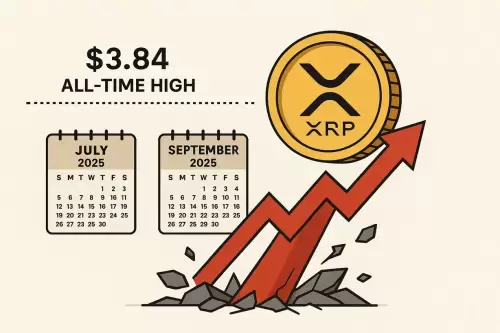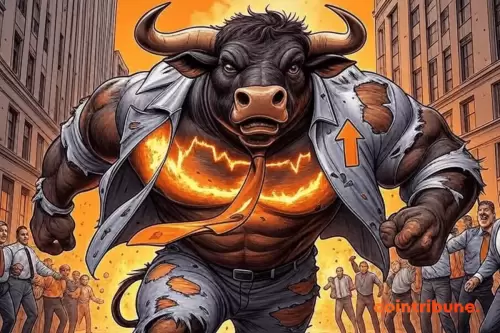Jupiter DAO halts voting until 2026 following community uproar over centralized power and controversial token allocations. Is this a necessary pause or a sign of deeper issues?

Jupiter DAO Freezes Voting Amid Governance Criticism: A Deep Dive
The Jupiter DAO, the governing body behind the popular Jupiter Exchange on Solana, has dropped a bombshell: a complete freeze on all governance votes until early 2026. This move, prompted by mounting criticism over the DAO's structure and perceived centralization, has sent ripples through the JUP token market and ignited a fiery debate within the community. Let's break down what's happening.
The Voting Freeze: Why Now?
According to Kash Dhanda, a key figure in the Jupiter project, this drastic measure is all about hitting the pause button to restructure governance tools. The goal? To create a more balanced and decentralized system before diving deeper into the "Jupiverse" and rolling out new products. They're aiming to present a revamped model by January 2026, giving them over a year to cook up something better. During this freeze, JUP token staking rewards will continue, distributing 50 million tokens per quarter. However, no additional JUP will be issued for voting incentives or working group budgets.
The Criticism: What's the Beef?
The decision to freeze voting didn't come out of nowhere. There's been growing unrest within the Jupiter community regarding the concentration of power. One major point of contention is the significant control held by the project team. A recent vote revealed that a single team wallet accounted for over 4.5% of the total votes. Estimates suggest that founders and contributors collectively control around 20% of the total JUP supply. That's a significant chunk, raising eyebrows about the true decentralization of the DAO.
Controversies and Token Allocations: Fueling the Fire
Past controversies have only added fuel to the fire. Remember the $7 million salary package approved for four new employees? Or the vote that authorized a whopping 220 million JUP bonus for co-founder Ming Ng, following a commitment to allocate 280 million tokens to new hires? These decisions, while perhaps justifiable in some contexts, have been perceived by some as excessive and further evidence of centralized control.
The JUP Token Plunge: A Sign of the Times?
Following the announcement, the JUP token took a hit, dropping to around $0.40 – a 50% decrease this year. While the voting freeze is undoubtedly a factor, it's also worth noting the broader market conditions. Altcoins, in general, have been experiencing a weakening trend. Is the JUP token's decline solely attributable to governance concerns, or is it part of a larger market correction? It's likely a combination of both.
My Take: A Necessary Pause or a Symptom of Deeper Problems?
Honestly, this situation is a bit of a mixed bag. On one hand, acknowledging the flaws in the current governance structure and taking steps to address them is commendable. The Jupiter team deserves credit for recognizing the need for change. Freezing voting is a bold move, signaling a commitment to fixing the problem. However, it also raises questions about the initial design of the DAO. How did these structural flaws slip through the cracks in the first place? And will this extended pause truly lead to a more decentralized and equitable system?
Ultimately, the success of this restructuring hinges on the Jupiter team's ability to listen to the community, address their concerns, and implement meaningful changes. It's not just about tweaking the governance tools; it's about fostering a culture of transparency and inclusivity. Otherwise, this voting freeze might just be a temporary fix for a much deeper underlying issue.
Looking Ahead: A DeFi Soap Opera?
So, what's next for Jupiter DAO? Only time will tell. But one thing's for sure: this situation is far from over. Grab your popcorn, folks, because this DeFi drama is just getting started. Will Jupiter emerge stronger and more decentralized? Or will these governance woes continue to plague the project? Stay tuned!





















































































